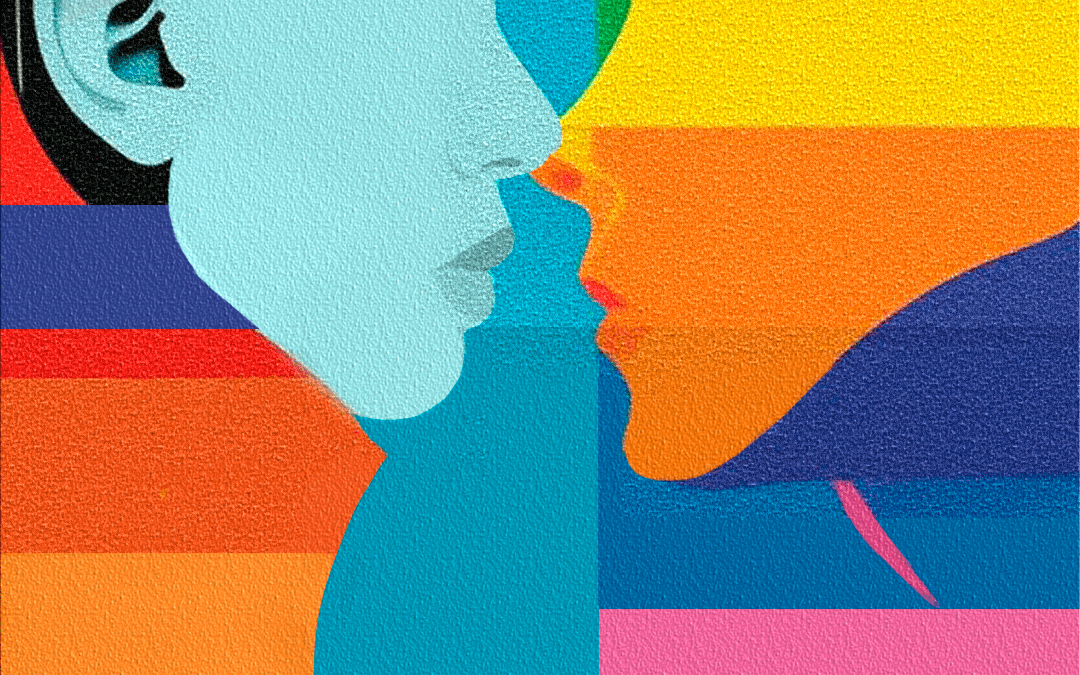Kazakhstan’s and Russia’s LGBTIQ+ Legislation: Why It Matters
Last autumn, a Russian media outlet published a piece with the headline “Queer person from Moscow attacked in Uralsk, Kazakhstan. Izmail falls prey to local LGBTQ+ hunters.” The article told the story of a Moscow art director who left Russia for Kazakhstan after the mobilisation began. It was in Uralsk that he was robbed and beaten by local LGBTIQ+ hunters.
Journalists depicted Uralsk as a small border town in western Kazakhstan, which is not safe for LGBTIQ+ people. Indeed, this is true. It is just as unsafe as Omsk, Grozny or Moscow, though. However, the focus of the article was on the crime situation in Kazakh provinces.
Dozens of attacks and acts of intolerance against LGBTIQ+ people take place in both Kazakhstan and the Russian Federation. However, due to stereotypes around the “backwardness” of Central Asian countries and colonial attitudes, the situation of lesbian, gay, bisexual, transgender and queer persons in Kazakhstan is perceived as much worse than in Russia.
It is important to stress that members of LGBTIQ+ communities are discriminated against on legal and mundane levels in both countries. They cannot marry, adopt children or serve in the military without expecting attacks. In Russia, there is a law banning “LGBT propaganda”.
Batyr Jamal’s editorial board is set to analyse the legislation in both countries for discrimination against LGBTIQ people. This piece focuses on the Kazakh and Russian realities where basic LGBTIQ+ rights are being violated, with cases of harassment and pressure on activists, homophobic statements by officials, and acts of aggression and intolerance.
***
LGBTQ+ is an acronym for lesbian, gay, bisexual, transgender and queer people. “Plus” refers to other sexual orientation and identity variations. For example, asexual, intersex people, pansexual, bigender people and others.
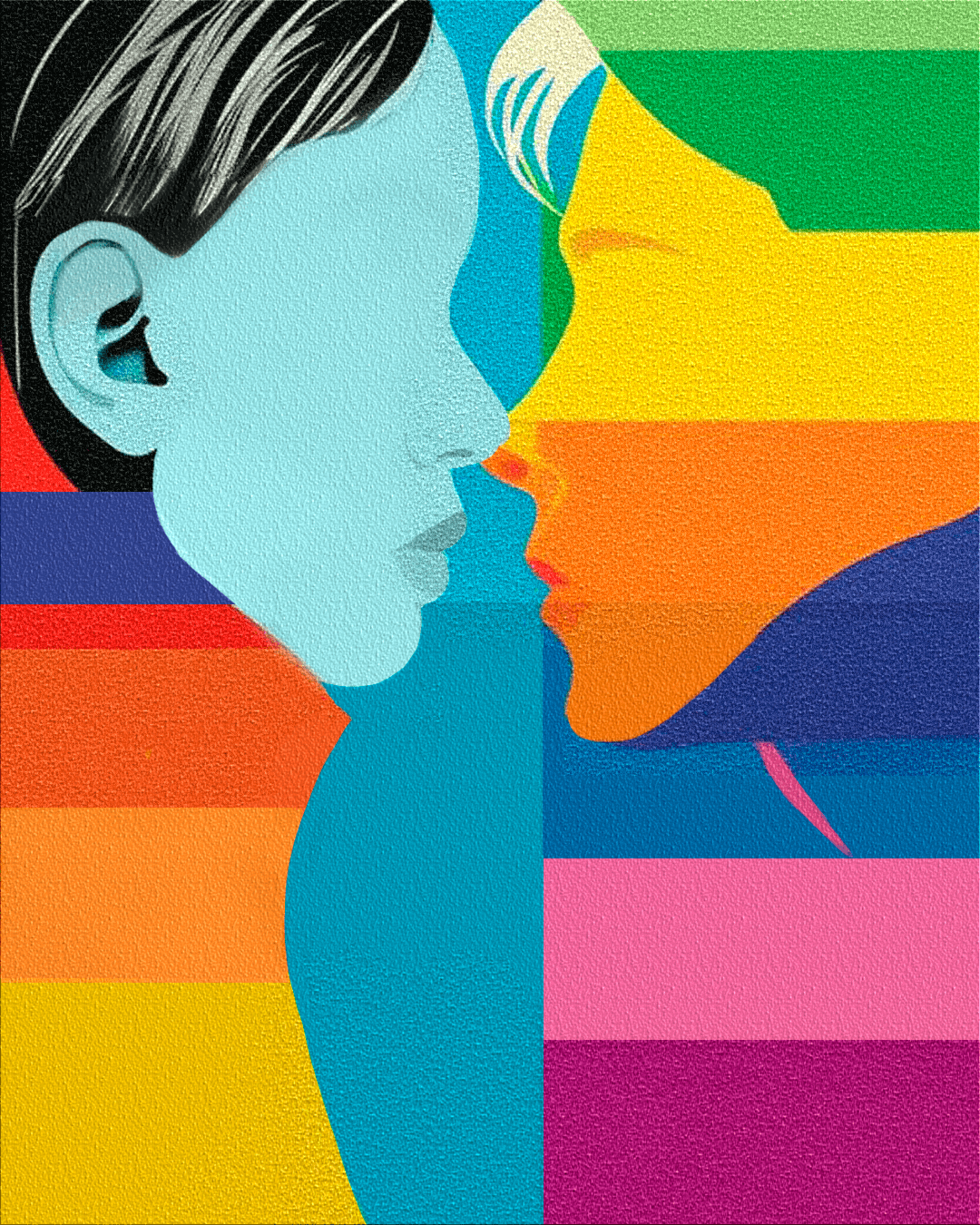
Colonialist optics employed by Russian media
First, let us turn to the German media outlet Spartacus, which was created to address the safety of LGBTIQ travellers. Their annually updated safety index informs travellers about the situation of LGBTIQ+ people in 202 countries and regions. According to the 2021 data, Kazakhstan was ranked 81st, with Russia being in 176th place. The most dangerous region for LGBTIQ+ travellers on the map was Chechnya ranking 202nd on the list.
This data does not detract from the fact that the situation with the rights of LGBTIQ+ people is deplorable in both countries. This is exactly the angle that the journalists should have used when presenting the story of a gay man from Moscow getting attacked in Uralsk.
Such colonialist optics did not appeal to local Kazakh activists. Reacting to the story, queer activist Marsel Ganeev wrote a thread about why the piece is dangerous for Kazakhstan’s queer community.
“The article focuses on Uralsk and generalises the treatment LGBTQ+ people receive in Kazakhstan. The constant emphasis on the fact that the person comes from Moscow… The article is dangerous because, by promoting such generalisations, they broadcast the alleged ‘public sentiments’ in Kazakhstan,” he wrote on Twitter.
The activist noted that the journalists should have changed the optics of their writing and refrained from drawing comparative parallels between Uralsk and Moscow.
“Such cases should be covered, but it should be done correctly,” the blogger stressed.
The activist believes that the attack on a gay man at night could have taken place both in provincial Kazakhstan and Russia. Just as well as in Paris, where the person from the story was about to move. If you google “attack on a gay man in Russia”, you will find a lot of articles suggesting that hate crimes also occur regularly in Moscow.
But the survivor’s story suggests that the Russian capital is a safe haven, whereas in Uralsk you can be beaten for wearing casual clothes – a hoodie and trousers.
This generalisation gives the reader a distorted impression. Living and feeling safe as an LGBTQ+ person in Kazakhstan’s provinces is different from living in Almaty or the country’s capital. The same works for Russia.
Laws in Kazakhstan and Russia
Colonial discourse is best busted by facts and legislation.
“Sodomy” was criminalised and penalised in the USSR. It also passed into the Kazakhstani Criminal Code and was only abolished in 1997.
It should be noted that the rights of LGBTIQ+ people are not outlined in the Constitution of the Republic of Kazakhstan. But there is Article 14 reading:
“No one shall be discriminated against based on origin, social, official or property status, sex, race, nationality, language, religious beliefs, convictions, place of residence or any other reason.”
This means that the non-discrimination clause contains an open-ended list of grounds. A person cannot, for example, be denied health care just because they are gay.
The Russian Constitution contains Article 19: “The State guarantees equality of human and civil rights and freedoms regardless of sex, race, ethnicity, language, origin, property and official status, place of residence, religious beliefs, convictions, membership of public associations and other circumstances.
Any form of restriction of the rights of citizens on social, racial, ethnic, linguistic or religious grounds is prohibited.”
In the first paragraph, by analogy with Kazakh law, the phrase “other circumstances” could be linked to LGBTIQ+ rights. However, the second sentence makes no reference to the prohibition of discrimination on grounds of sexual orientation.
The term ‘discrimination’ is not clearly defined in Kazakhstan’s legislation. This is a convenient loophole for police officers, prosecutors and judges to interpret the laws as they see fit.
LGBTIQ+ couples have nothing to appeal to when it comes to their desire to start a family. Since 2011, according to the new Marriage and Family Code, marriage is an equitable union between a man and a woman. Article 11 of the Code regulates the list of people who have no right to marry. The first paragraph lists people of the same sex.
“Usually we copy Russian legislation, but here we lead by example. They detailed marriage as a union exclusively between a man and a woman as late as in 2020, along with passing amendments to the Constitution,”
activist Daniyar Sabitov noted in an interview with Masa Media in 2019.
Children
According to the Kazakh Code, a surrogacy contract is only concluded between a surrogate and a married couple. As marriage is prohibited for LGBTQ+ people, surrogacy is not an option.
Article 91 provides a list of people who are eligible to be adoptive parents. The article allows adoption to adults, except for:
- persons of “non-traditional sexual orientation”;
- male persons who are not in a registered marriage (conjugal relationship), unless they have been effectively bringing up a child for at least three years as a result of the death or deprivation of parental rights of the mother.
The third paragraph of this article prohibits people who are not registered as married from jointly adopting a child.
Trans people in Kazakhstan are also legally unable to have children. According to the Marriage and Family Code, updating a gender marker in identification documents requires mandatory sex reassignment surgery, which in effect means castration or sterilisation. This surgery is expensive, complicated and has several side effects.
Also, transgender people cannot adopt a child or be a guardian. Several ICD-10 (International Classification of Diseases) diagnoses, including ‘transsexualism’, are included in the list of conditions that disqualify a person from being an adoptive parent.
Transgenderness is not considered a mental illness in the new 11th ICD Revision. But the updated WHO regulation has not yet been implemented in Kazakhstan’s healthcare system.
In 2013, Vladimir Putin signed amendments to the Act on Custody and Guardianship, as well as to the Family and Civil Codes of the Russian Federation. Thus, an explicit ban on the adoption of children by “persons in a same-sex union” appeared in Russia.
At the same time, the State Duma passed a law on support for orphans, which bans same-sex couples from adopting Russian children abroad. Moreover, citizens of countries where same-sex marriages are legalised cannot become guardians for children from Russia.
The Putin administration argued that it was trying to protect adopted children from “the artificial imposition of non-traditional sexual behaviour”.
Army
The Kazakh Act on Military Service and the Status of Servicemen does not contain any regulation on LGBTIQ+ and the gender identity of conscripts in general.
“Members of sexual minorities are regular citizens in Kazakhstan and there are no legal barriers to their service, they can serve in the army.
The medical commission and the draft board that make the decision examine conscripts comprehensively, but no one shall violate the law,” Defence Ministry officials said in 2022.
Recall that, according to the Constitution, no one in Kazakhstan can be discriminated against on any grounds. However, conscripts themselves prefer not to reveal their sexual orientation for fear of facing homophobia or humiliating medical procedures.
Nor does the Russian Act on Military Duty and Military Service prohibit the conscription of LGBTIQ+ people into the army. Being gay is neither a disease nor a crime. Therefore, it is not a reason to be granted a “non-effective” status.
Of course, Russian citizens also undergo a medical examination by a psychiatrist at the time of military registration, induction or contractual enlistment.
The conscript will be asked questions regarding their behaviour to identify abnormalities (fetishism, exhibitionism, paedophilia). However, sexual orientation is not considered an aberration under the law and does not lead to exemption from military service. It does not affect the recruit’s physical capacity and mental sanity.
“Sodomy and lesbianism”
The Criminal Code of Kazakhstan has two articles related to sexualised violence: Article 120 (“Rape”) and Article 121 (“Sexual misconduct”). They are identical, but under the latter, the perpetrator of the violence is a person of the same sex as the survivor.
The article reads as follows: “Sodomy, lesbianism or other acts of a sexual nature involving the use or threat of violence.” There is a similar article in the Russian Criminal Code.
Both offences are in fact rape, but for some reason, they are separated into two articles. In addition, Article 121 uses the inappropriate words “sodomy” and “lesbianism”. Such terms only stigmatise LGBTIQ+ people.
Article 133 of the Russian Criminal Code “Forcing to perform sexual acts” also mentions “sodomy and lesbianism”.
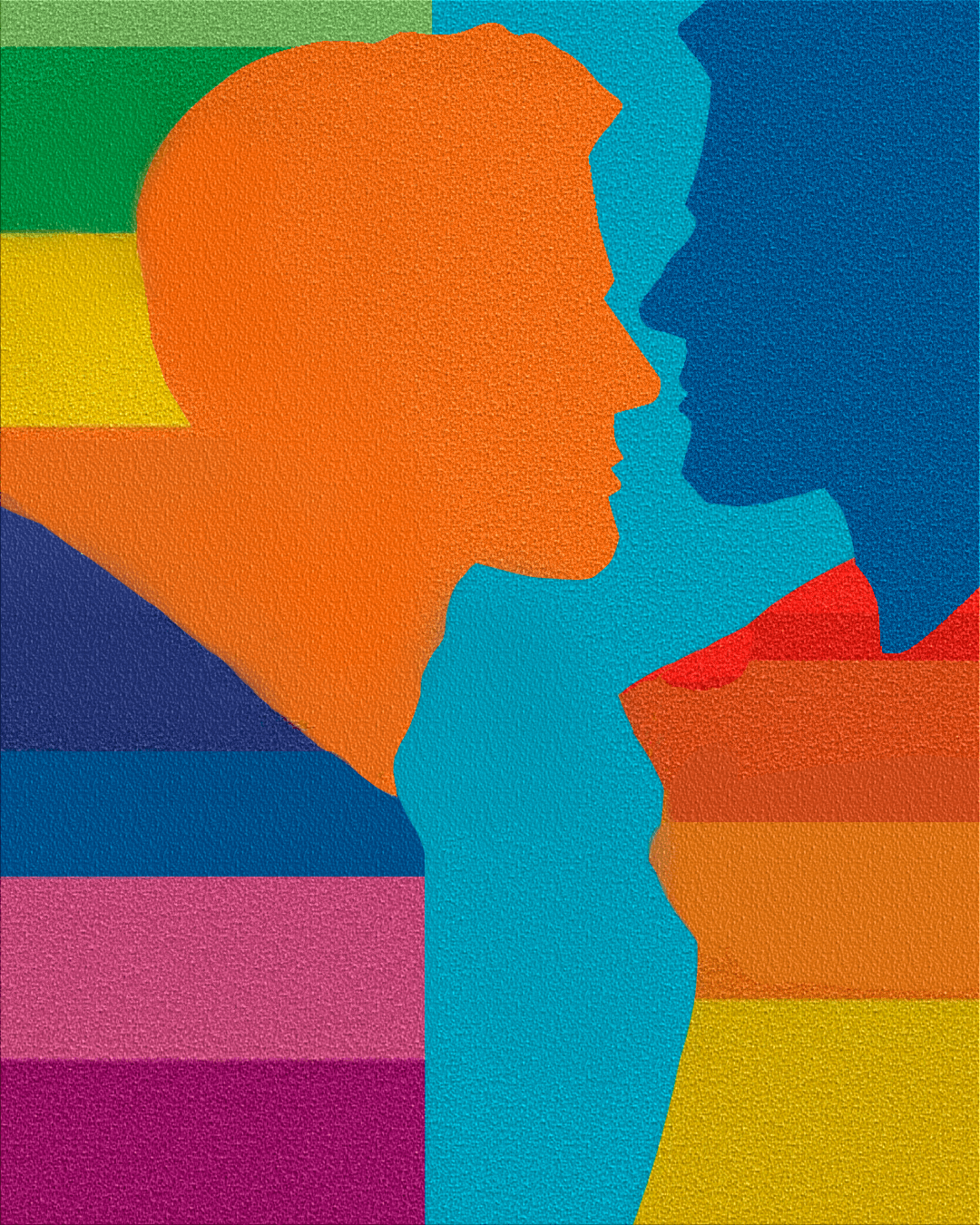
“Ban on LGBT propaganda”
Talking about spiritual tenets and fighting “corrupting values” began in Russia as early as ten years ago. Since 2013, a law has been in force in Russia prohibiting “propaganda of homosexuality” among minors. Violations are punishable by huge fines.
Propaganda is defined as “the dissemination of information aimed at forming non-traditional sexual attitudes among minors, the attractiveness of non-traditional sexual relations, a distorted idea of the social equivalence of traditional and non-traditional sexual relations, or the promotion of information about non-traditional sexual relations that creates interest in such relations”.
“I can hardly imagine allowing this in Chechnya, I mean same-sex marriage. Can you imagine that? You know, it would simply lead to violence,” Vladimir Putin said in 2013.
And still, there were multiple victims of homophobia in Chechnya. In fact, a crackdown has been organised against LGBTIQ+ people: they were arrested, tortured, forced to turn themselves in and killed.
“Hundreds of people have been detained in two waves of harassment of gay people in Chechnya; these detentions peaked in late February and early March 2017. All the victims were held in illegal detention centres, subjected to inhuman treatment, beatings, torture, starvation and some even liquidated,” Novaya Gazeta wrote.
The Chechen authorities denied having special “gay prisons” in the republic. They have dismissed all allegations of persecution of LGBTIQ+ people, claiming that there are none in Chechnya. Several UN human rights experts tried to seek clarification from the Russian government, but their requests went unanswered.
In 2022, the media reported that persecution of gay people in the republic had become a form of “business”. Chechen security officials often demanded ransom from relatives of detainees in exchange for their release.
Russian human rights defenders have received 614 help requests over the last five years: 343 applicants were able to flee the North Caucasus and move to other regions of the Russian Federation. It was noted that women were seeking help more frequently.
In 2022, the Duma passed a law banning LGBT propaganda, paedophilia and “sex reassignment”. The new act introduces heavy fines for individuals and legal entities and, in the case of foreign nationals, the possibility of deportation.
Websites that disseminate such information are to be added to the register of banned sites and then blocked. The sale of goods with “LGBT propaganda” is also prohibited.
The new law has already had an impact on Russian culture, with streaming services cutting LGBTIQ+ scenes from films and TV series (e.g. The White Lotus), same-sex relationships being banned from theatre plays and book chains withdrawing literature covered by the law. In 2023, the first administrative case for “LGBT propaganda” was filed against Popcorn Books publisher.
In 2012, Kazakhstani MPs also wanted to protect children from “information harmful to their health and development”. It included the propaganda of “non-traditional sexual orientation”.
It caused a statement by 27 current and former athletes to go viral in foreign media. They criticised the ban on “propaganda” as inconsistent with the Olympic movement, urging the IOC to reject Kazakhstan’s bid to host the 2022 Olympics.
Freedom House also called for the bill to be rejected as it could worsen Kazakhstan’s already poor free speech situation and serve as a cover for discrimination and intolerance. In the summer of 2015, the Constitutional Council of Kazakhstan ruled the bill unconstitutional.
LGBTIQ+ persons in Kazakhstan are forced to conceal their sexual orientation or gender identity for fear of discrimination or other repercussions. On the rare occasions when they do report violations, the authorities are often indifferent or hostile. Sometimes they condone acts of aggression by homophobes.
Unfortunately, the LGBTIQ+ community in Kazakhstan is opposed by both the state and homophobic citizens. More often than not, the law is not on their side. But there is no official zero-tolerance policy against LGBTIQ+ people in Kazakhstan yet. “LGBT propaganda” certainly agitates part of Kazakh society, but is not yet reflected in our laws, unlike in Russia.
Read more articles from the Issue
Nothing Found
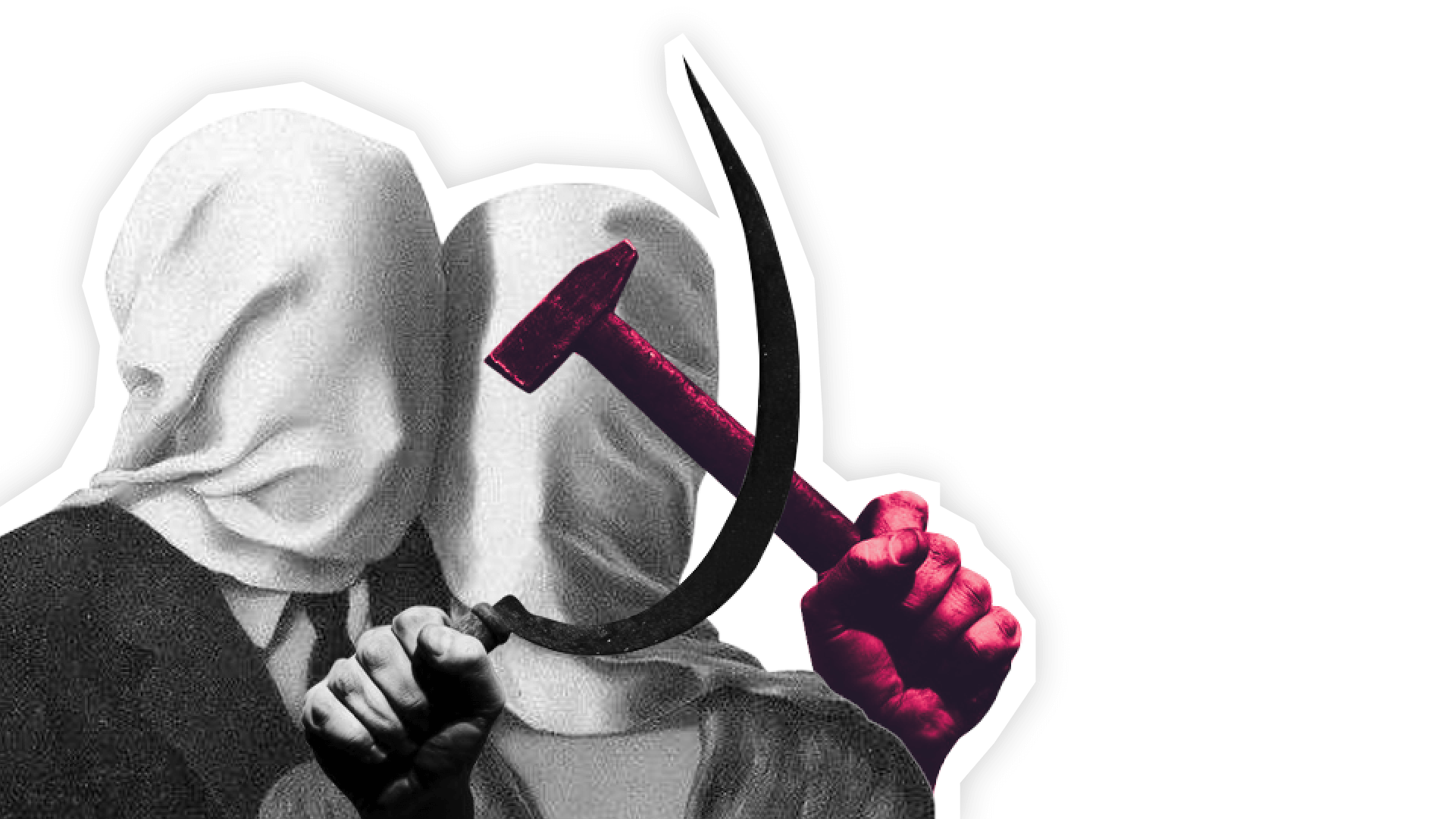
What if homophobia in Central Asia is a product of colonialism?

Russian Propaganda’s Influence on Soviet and Post-Soviet Homophobic Narratives in South Caucasus
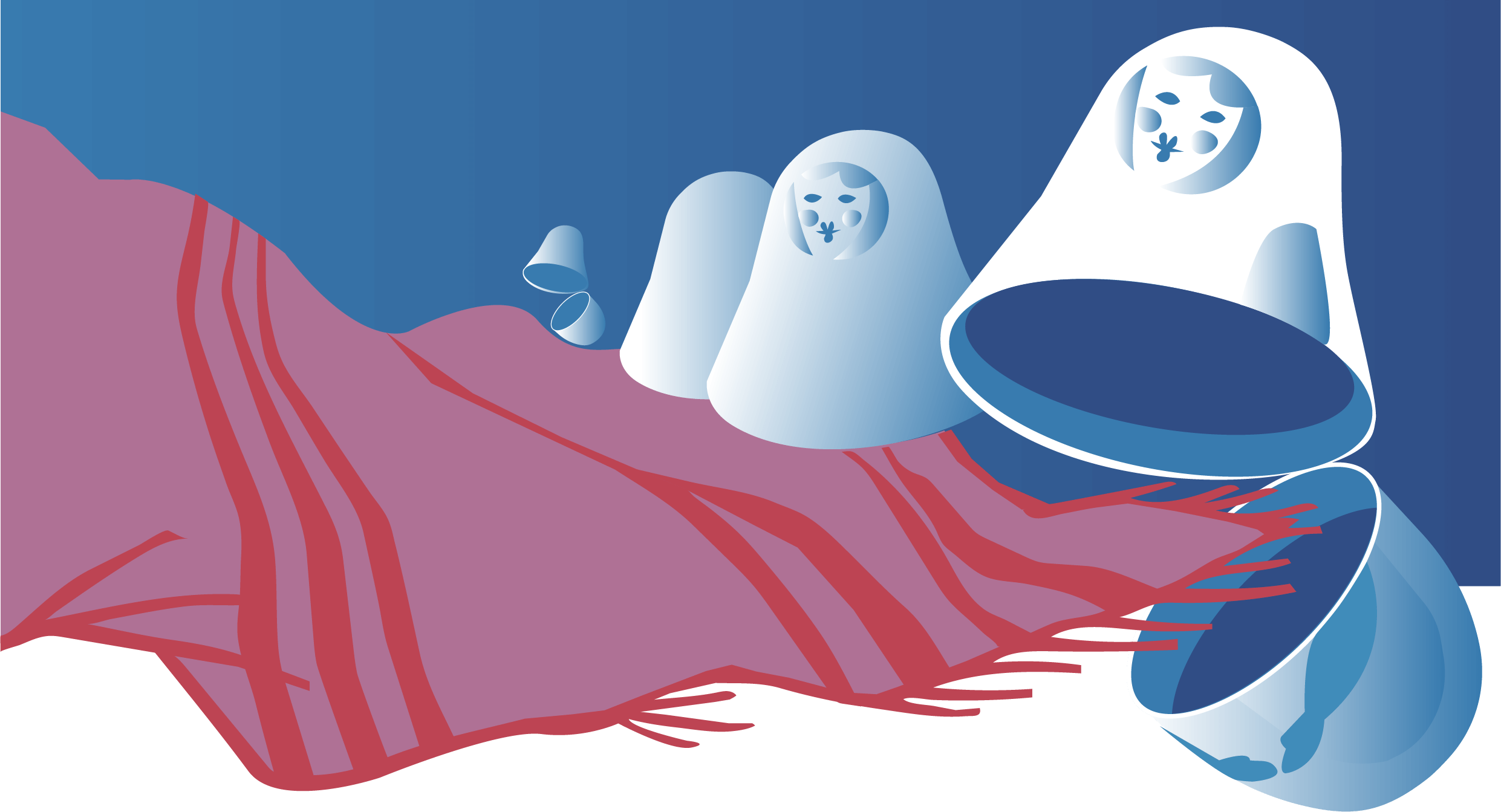
Russian Colonialism and Homophobia in Moldova
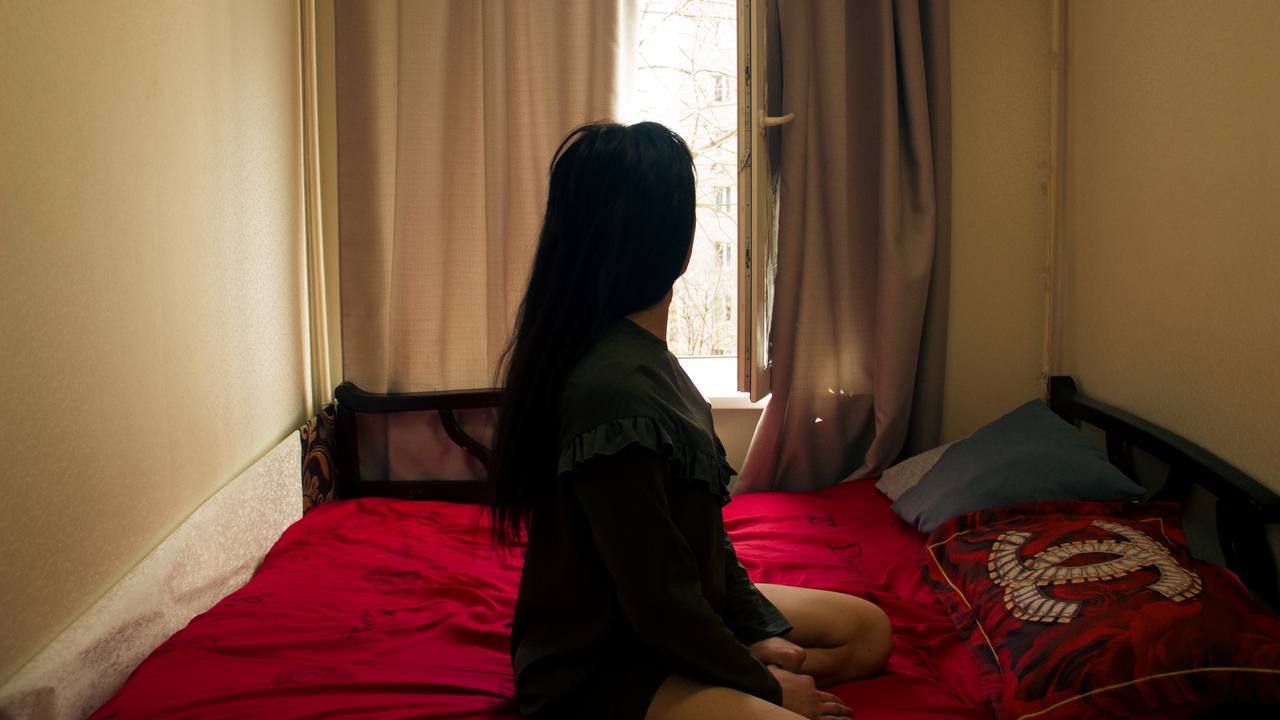
Migration Is the Path to Freedom. A Photo Report about Sumaya
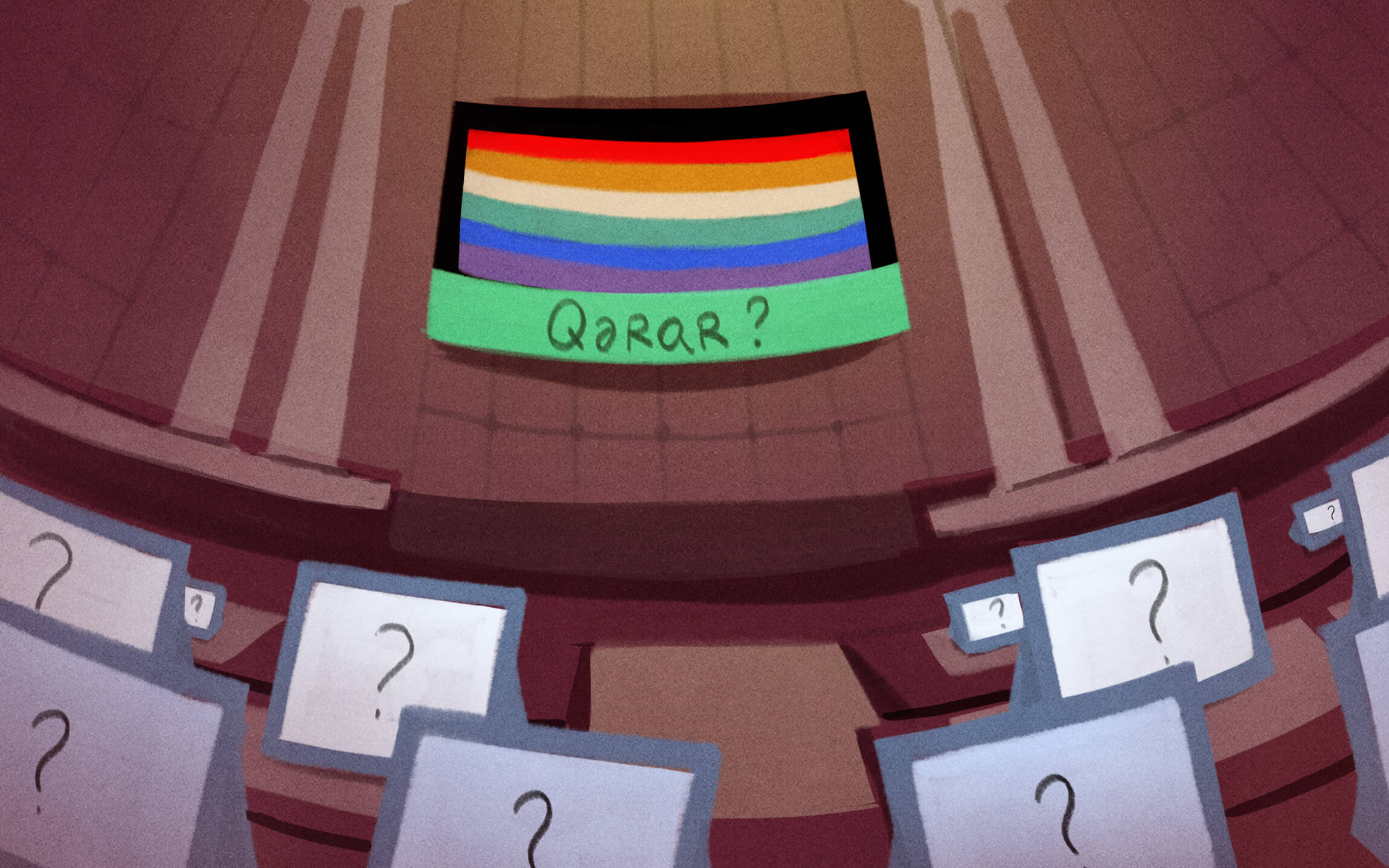
Russia’s Homophobic Law Inspires Azerbaijani Political Elites
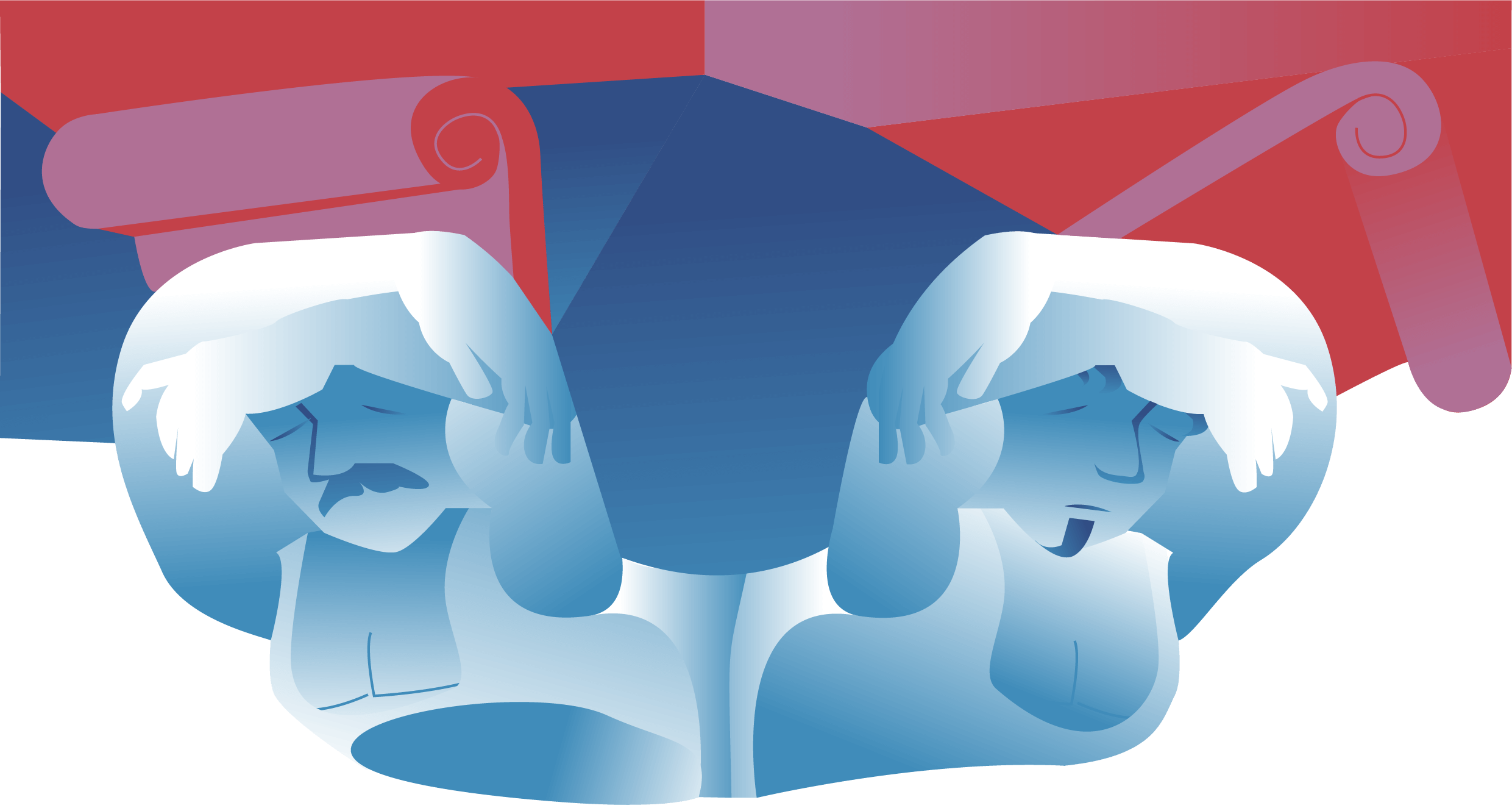
“I Put a Lid On My Sexual Orientation, I Buried It”: Life of LGBTQ+ People in the Temporarily Occupied Territories of Ukraine

Non-traditional Values: Did Uzbekistan Inherit Homophobia and Family Concepts from Soviet Union?

Gay Pride Parade, “Dazhynki” or White March: which holiday suits “Belarusians of the future”?

